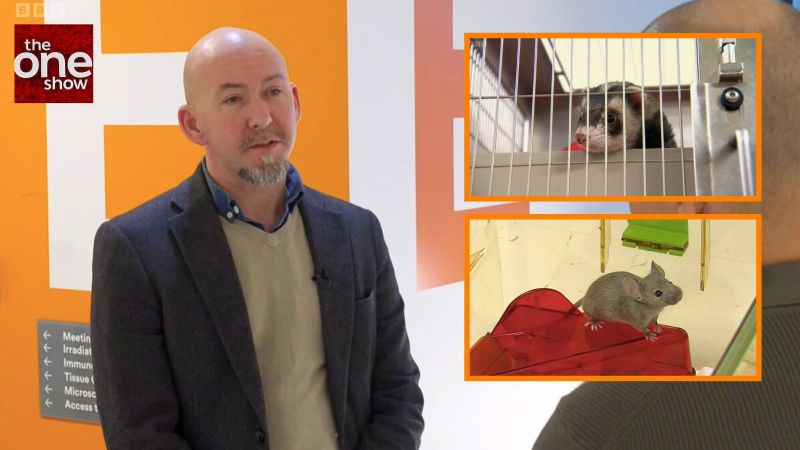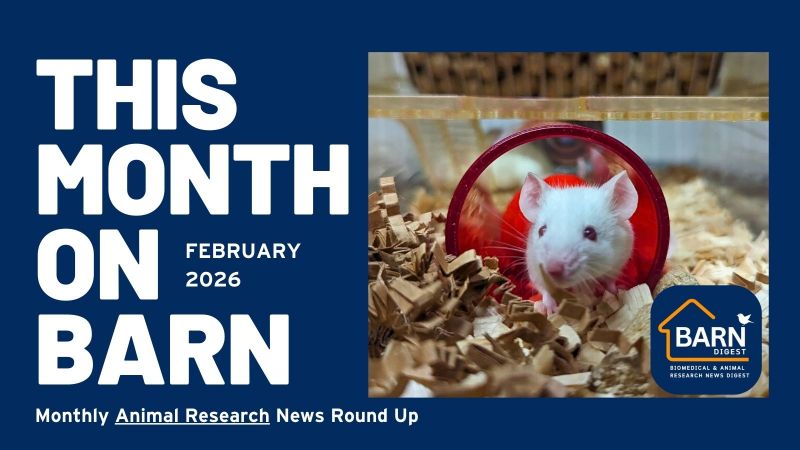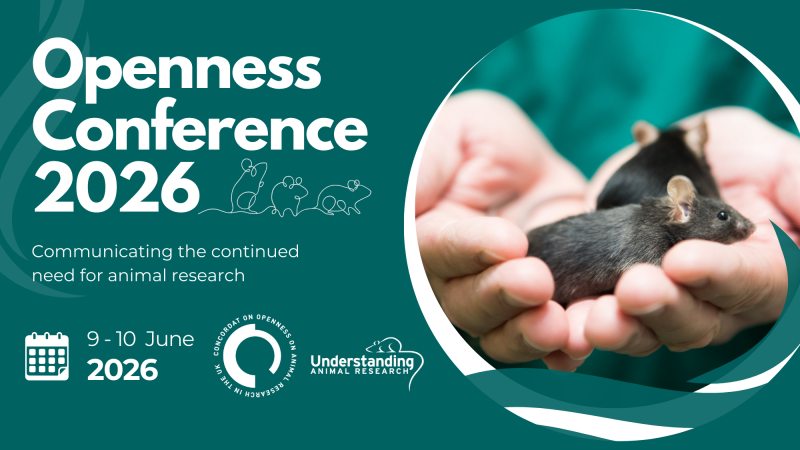UK extremist groups
Animal rights extremist (ARE) groups do not have members or rules, but are loose affiliations which tend to be led by a few committed individuals. Supporters use direct action tactics, both legal and illegal.
There are currently two main animal rights extremist groups. They have been very active, but their leaders are currently in prison, so the level of extremism has dropped considerably in the UK.
Stop Huntingdon Animal Cruelty (SHAC)
Formed in November 1999, SHAC is perhaps the leading ARE group in the UK. Its stated aim is to force the closure of Huntingdon Life Sciences. After beginning with actions against HLS, including loud and sometimes violent demonstrations outside HLS sites, infiltrations, harassment of employees (including visits to their homes to vandalise cars or other property), and a physical attack on HLS' managing director, SHAC moved on to target HLS' suppliers.
SHAC would identify suppliers of virtually any service to HLS (laboratory equipment, catering, childcare, etc), and contact them to request they sever all relations with HLS ‘or face the consequences.' SHAC's history of aggressive, reputation-damaging campaigns led many suppliers to capitulate quickly.
SHAC's successful targeting of suppliers seeded this technique among other ARE groups. Moreover, SHAC's effectiveness allowed its leaders to become powerful players in ARE in general in the UK and increasingly on a global scale. Thus SHAC's influence extends beyond its specific, HLS-directed campaign.
On 1 May 2007 a campaign codenamed Operation Achilles was mounted against SHAC, involving a series of raids involving 700 police officers in England and across Europe. In total 32 people linked to SHAC were arrested, including the key organisers Greg Avery, Natasha Avery, Heather Nicholson, Trevor Holmes, Gerrah Selby, Daniel Wadham, Gavin Medd-Hall, and Dan Amos.
Their trial concluded in December 2008 with Holmes being acquitted but the other seven convicted. In January 2009 Justice Butterfield ordered Nicholson to serve 11 years in prison, Greg Avery and Natasha Avery to nine years, Medd-Hall to eight years, Wadham to five years and Selby and Amos to four years each.
A further six of those arrested were charged in March 2009 with conspiracy to blackmail. Two of the accused have pleaded guilty and the trial is due to begin in early 2010. Some others arrested have received short custodial sentences and community service orders.
As a result of the police operation, the German magazine Der Spiegel wrote at the end of 2007 that the number of attacks on HLS and their business declined drastically but 'the movement is by no means dead'.
The police estimate that 'up to three quarters of the most violent activists' are now jailed.
SPEAC (Stop Primate Experiments At Cambridge) and SPEAK
SPEAC was formed in autumn 2002 with the specific goal of preventing the construction of a new primate research facility at Cambridge University. Having won that ‘victory' (in spite of securing planning permission, Cambridge dropped building plans in early 2003 after protracted battles with extremists and difficult internal debate), SPEAC changed its name and focus. Now calling itself SPEAK, the group's mission was to prevent Oxford University from constructing a new biosciences research facility.
Although SPEAK publicly eschew violence or otherwise illegal behaviour in favour of demonstrations and letter-writing, it encourages its supporters to ‘get involved and active.' To that end, SPEAK provided maps of Oxford University and its facilities ‘which you may find useful', posted a £15,000 ‘reward for information leading to the conviction of an animal abuser at Oxford University', and publicised contact information for several University funders, encouraging activists to ‘hold a demonstration outside their offices'.
However, this campaign suffered a setback when Mel Broughton, one of the co-founders of SPEAK, was arrested in December 2007 after incendiary devices were planted in Oxford University colleges. A jury cleared him of possessing explosive substances, but failed to reach a verdict on other charges. Following a retrial in 2009 he was convicted and sentenced to 10 years in prison for conspiracy to commit arson.
The campaign provoked a strong response from students and academics who rallied in defence of the new biomedical facility, leading to the foundation of Pro-Test in 2006. Combined with media support and public revulsion against extremist activity, this fed into a new mood for openness amongst scientists about animal research, and was a factor in defeat of the campaign against the University. The Biomedical Research Centre was officially opened in November 2008, and is now fully operational. It houses a variety of animals, mainly rodents, but also some non-human primates.



